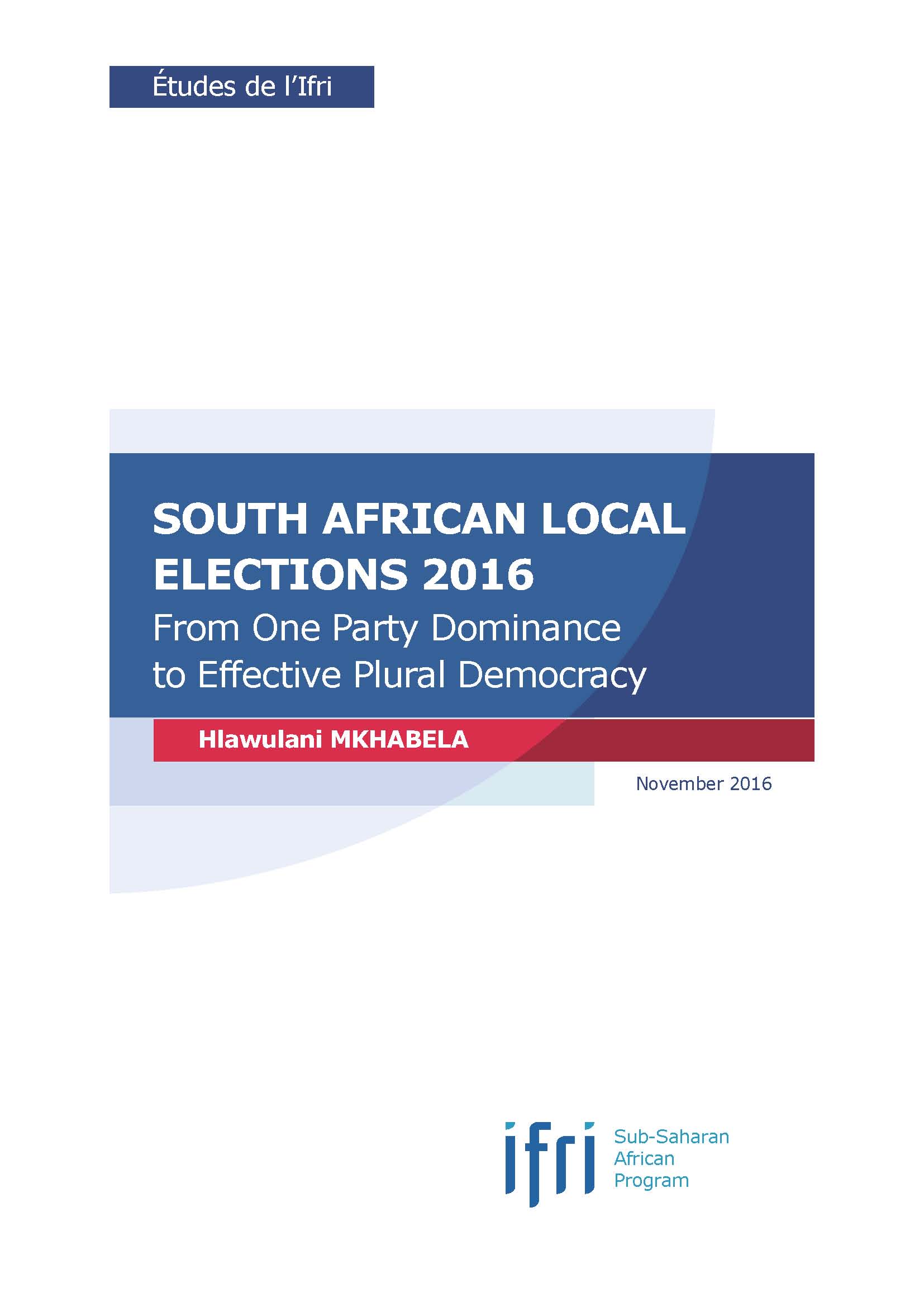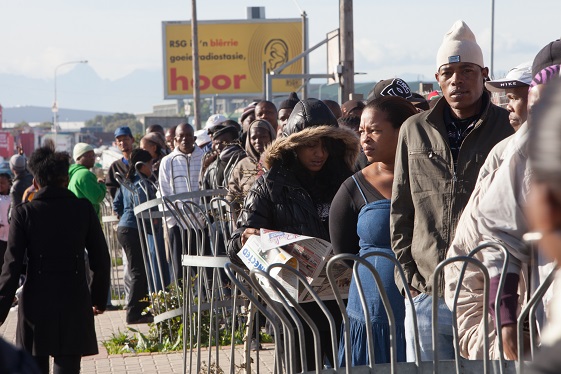South African Local Elections 2016. From One Party Dominance to Effective Plural Democracy

The South African political landscape experienced a shock from an unlikely source; the country’s local government elections on August 3, 2016 representing the last tier of government and often overlooked in favour of national and provincial polls.

This year’s vote was a barometer of public sentiment towards the ruling African National Congress (ANC) and heralds a wind of change that is blowing through SA’s politics, leaving the possibility for growth and disruption in its awake. The watershed municipal election is the biggest opposition breakthrough since the National Party (NP) government was toppled in 1994 and it excludes the ANC from the running of four of the eight metro municipalities, densely populated cities that generate more than half of the country’s wealth.
To fully understand what has occurred in South Africa and the debates that will shape the country’s future, this article examines the result of the past election and explains how the ANC progressively eroded the trust of the voting public. The significance of local elections and the metros is unravelled to describe the new space of political competition and potential instability in which the country finds itself. The discussion then taps into the future, presenting the altered face of South African politics defined by a party used to power and intent on etching its way back, and coalitions that may threaten the ruling administration, but are also barely comfortable marriages of convenience that will be severely tested. Finally, the article asks what could be next for the party that has largely controlled South African politics, and cautions that a change of president may not be enough to revise the ANC’s blemished image as the party appears to fracture and tear into itself following its poor showing. The nation’s democracy is experiencing a new phase which begun with the elections in August 2016, and over the coming years there is the potential for effective multi-party politics and economic growth, as well as instability and violent social disruption.

Available in:
Regions and themes
Share
Download the full analysis
This page contains only a summary of our work. If you would like to have access to all the information from our research on the subject, you can download the full version in PDF format.
South African Local Elections 2016. From One Party Dominance to Effective Plural Democracy
Related centers and programs
Discover our other research centers and programsFind out more
Discover all our analysesAnglo-Kenyan Relations (1920-2024) : Conflict, Alliance and a Redemptive Arc
This article provides an evidentiary basis for postcolonial policy in its analysis of Anglo-Kenyan relations in a decolonization era.
When City Diplomacy Meets Geopolitics: A Framework to Help Cities Navigate Geopolitical Risk
Crises and the increasing polarization of international relations make political risk analysis an indispensable resource for internationally active public and private entities.
The United Nations Mission in Congo or the exemplary uselessness of the United Nations peacekeepers
During the M23 conflict in 2012-2013 in the Democratic Republic of Congo (DRC), the United Nations (UN) took the diplomatic initiative (by initiating the Addis Ababa agreement) and the military initiative (by launching a coordinated counter-offensive with the Congolese army). Since the resurgence of this conflict in 2022, the United Nations, which still has more than 10,000 peacekeepers deployed in eastern DRC, no longer plays any role.
Rebooting Italy's Africa Policy: Making the Mattei Plan Work
Against the backdrop of increasing anti-French rhetoric across parts of Francophone Africa, the relative failure of the counterinsurgency operation in the central Sahel (Operation Barkhane) and diplomatic rifts with several Sahelian countries, Paris has been rethinking its relationship with the continent for several years now. As a former imperial power that has seen its colonial domain in Africa gain independence between 1956 (Morocco-Tunisia) and 1977 (Djibouti), France has invented two successive roles for itself in Africa since 1960, particularly in French-speaking sub-Saharan Africa.








